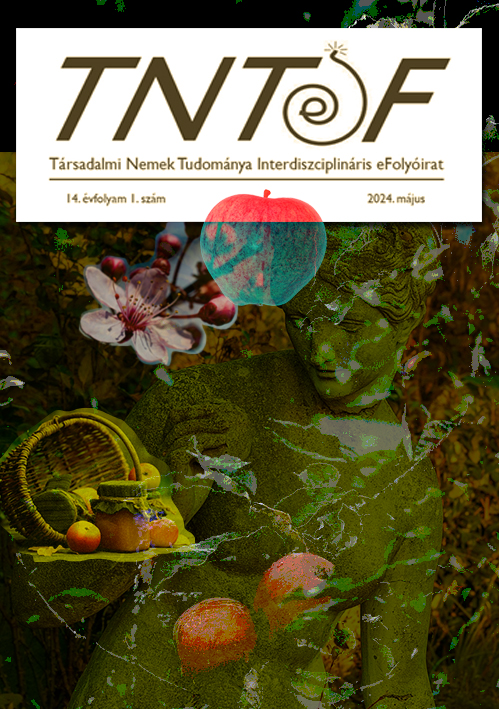Intersectionality and Social Psychology: Identity Crises and Coping Strategies of Roma LGBTQ+ People in Hungary
Main Article Content
Abstract
Several Hungarian and international comparative studies have shown that Roma people or LGBTQ+ people in Hungary are subjected to high levels of prejudice and discrimination. However, if one happens to be a Roma LGBTQ+ person, their lived experiences of prejudice are much less addressed. The significance of this type of 'cumulative disadvantage' was first highlighted by the feminist critique of the 1970/80s (Crenshaw, 1989; 2001; Hooks & Lutz 1993; Hooks, 1989), which took issue with mainstream feminism’s tendencies of homogenizing women and pointed out inequalities that existed between women. (Sebestyén, 2016; Kóczé, 2009). This case study adopts an intersectional approach to the key concepts of social psychology, such as social identity (Tajfel, 1978), prejudice (Allport, 1999), social representation (Moscovici, 1961), threatened identity (Breakwell, 1986), and coping strategies (Breakwell, 1986) through the analysis of six interviews with Hungarian participants who identify as Roma LGBTQ+ people, focusing on their experience of prejudice and their coping strategies.

